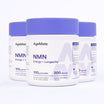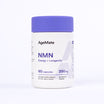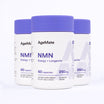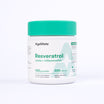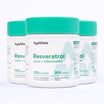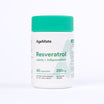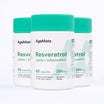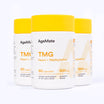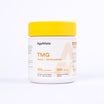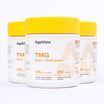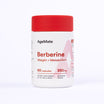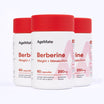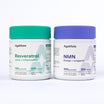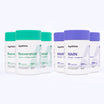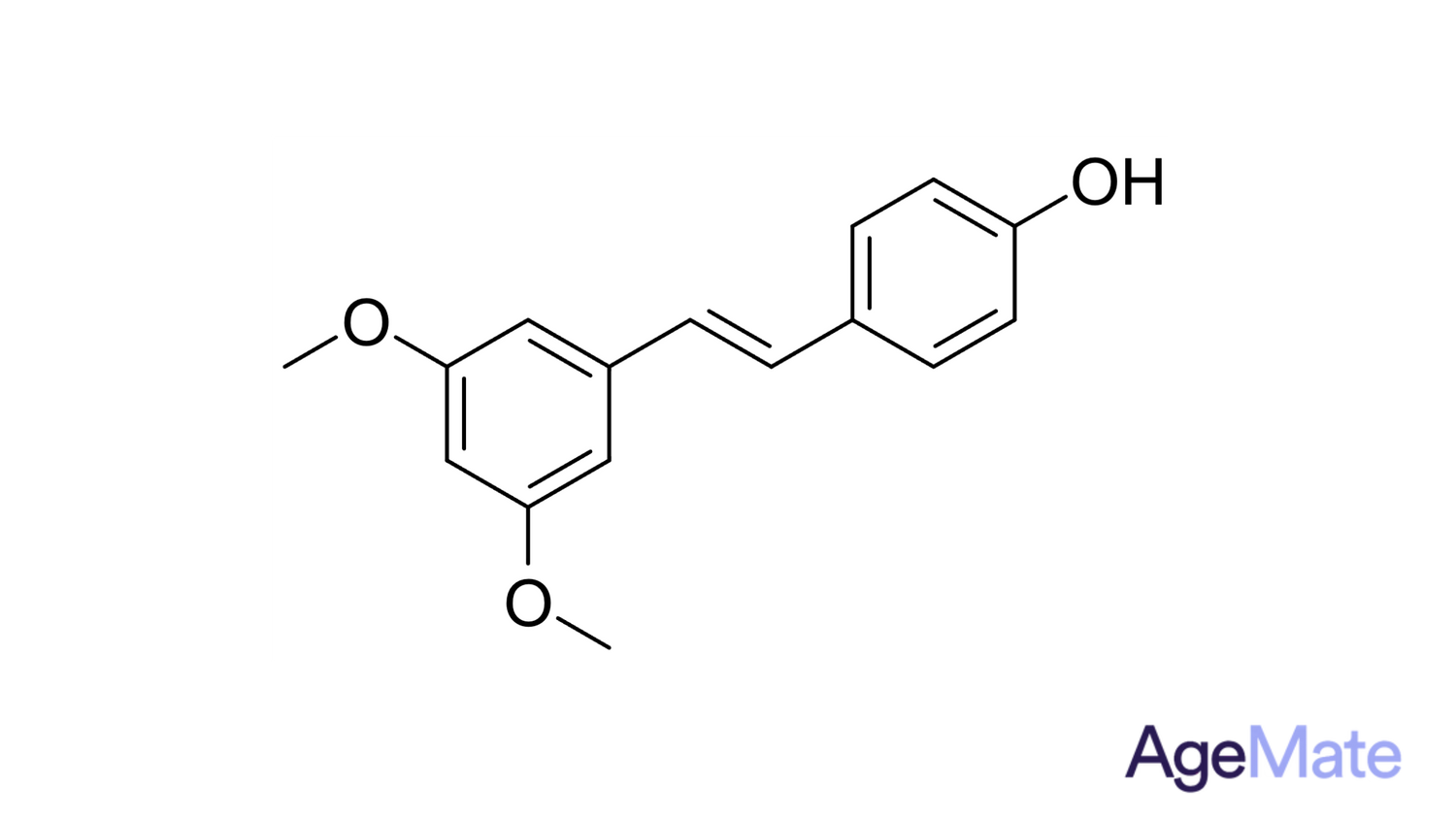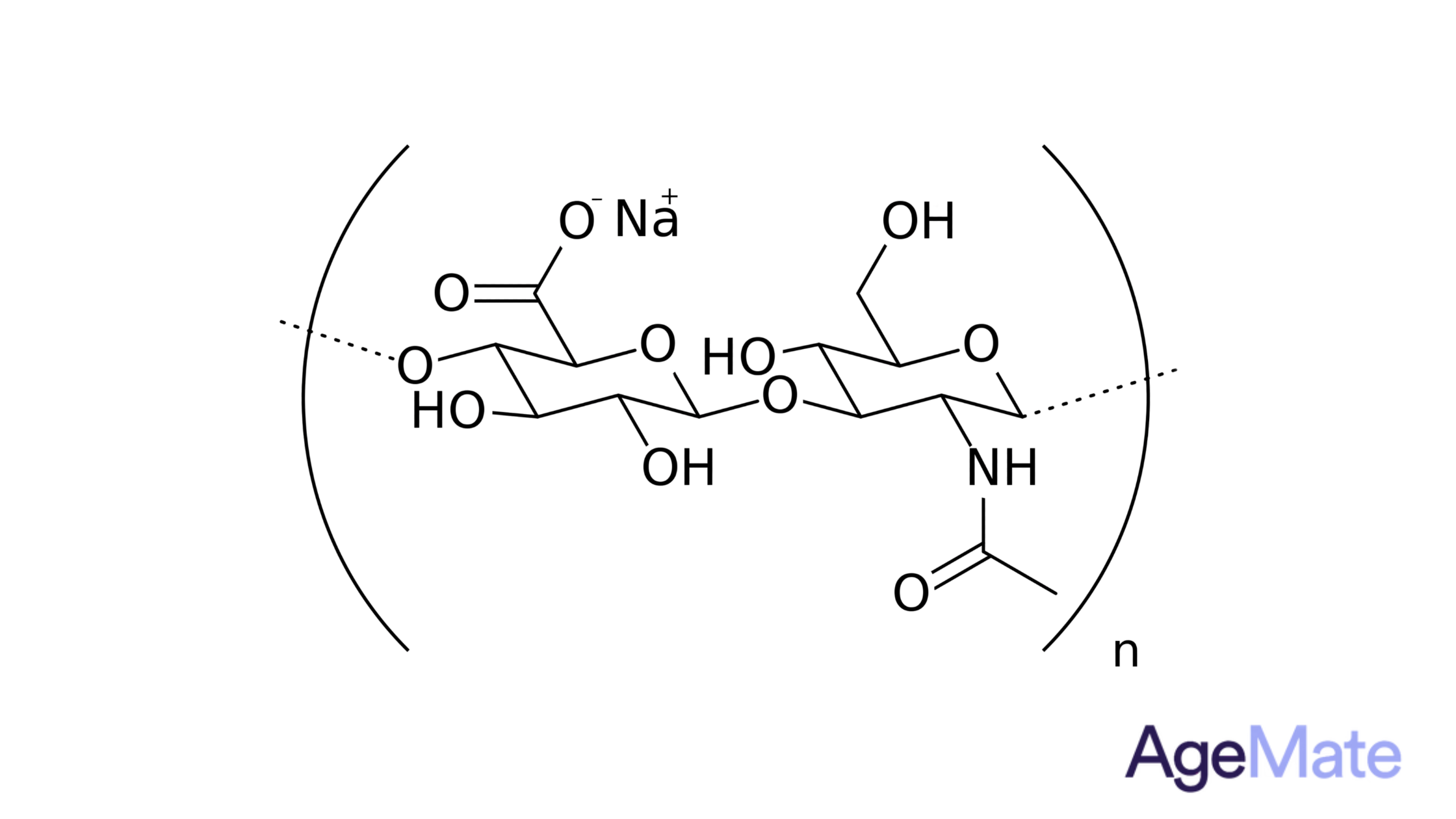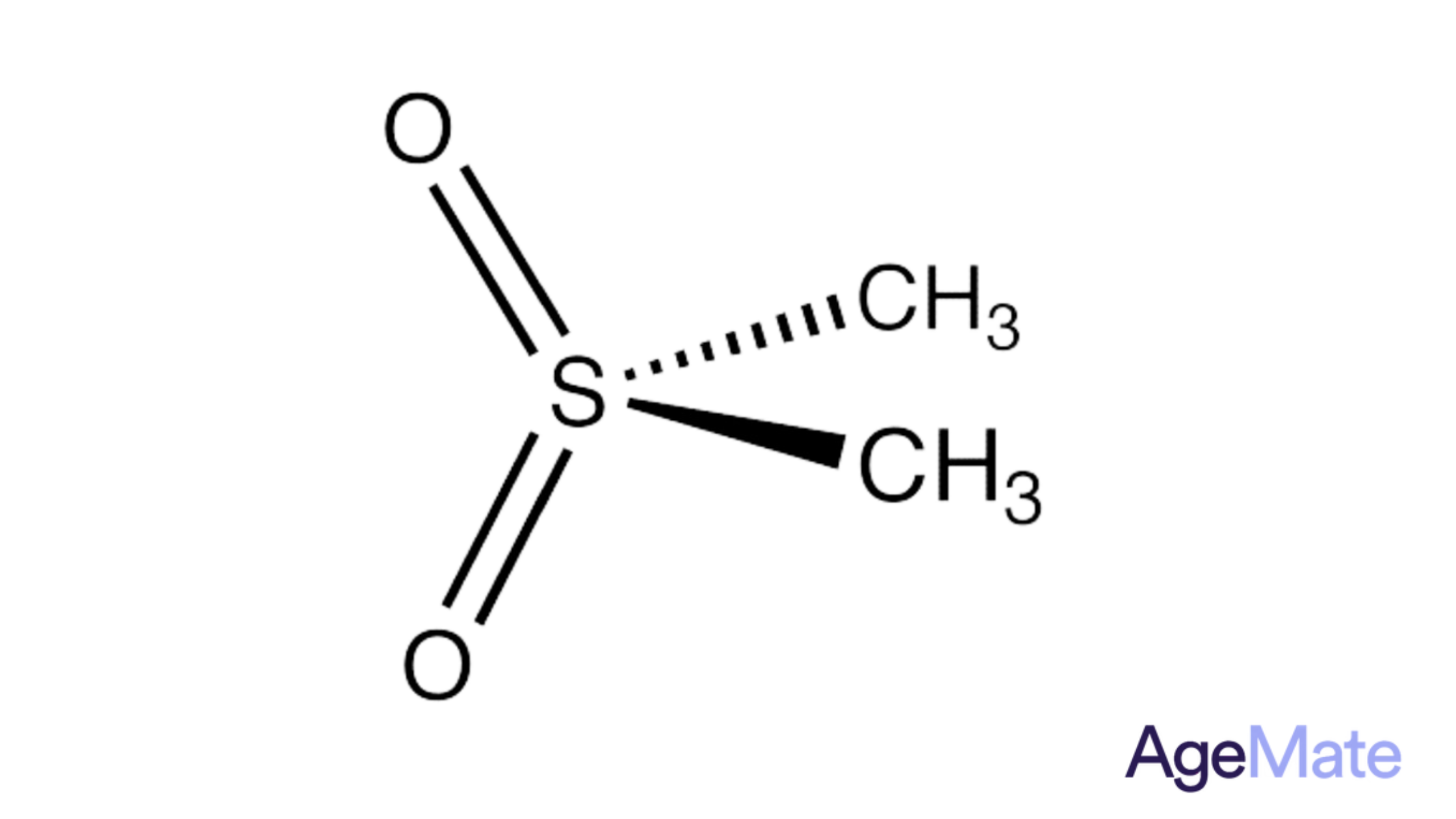Summary
|
|
What is Pterostilbene?
Pterostilbene is a natural compound present in foods like blueberries, known for its antioxidant properties and potential to impact aging mechanisms. It's similar to resveratrol but with better absorption and longer-lasting effects in the body.
Pterostilbene Impact on Aging
Reduces inflammaging by inhibiting COX enzymes that produce inflammatory compounds (R).
Pterostilbene diminishes inflammation in the colon by inhibiting dendritic cell activation and encouraging the development of regulatory T cells (R).
Pterostilbene activates sirtuins, enhancing DNA repair, metabolism, and extending health span and lifespan (R).
Pterostilbene notably reinstated blood flow within the cerebral microcirculation, enhanced blood-brain barrier (BBB) permeability, and raised the expression of structural proteins, enhancing BBB protection and fostering its functionality (R).
Pterostilbene enhances brain function, increases brain-derived neurotrophic factor and CREB (cAMP response element-binding protein), improving cognitive abilities and countering aging effects on the brain (R).
Pterostilbene can reduce oxidative stress and reactive oxygen species, which are involved in various age-related disease processes (R).
Pterostilbene triggers AMPK, defending cells against the effects of aging (R).
Pterostilbene increases the production of potent antioxidant enzymes (superoxide dismutase, catalase, and glutathione peroxidase), shielding cells from oxidative damage (R).
Pterostilbene and Longevity and Aging Studies
Pterostilbene shows potential in extending lifespan and improving markers associated with aging (R).
An animal study involving fruit flies with pterostilbene at 50 μM has shown positive effects on extending lifespan by up to 14% (R).

Image sourced: Oxidative Medicine and Cellular Longevity. At 50 μM PTS (pterostilbene), male flies lived 14% longer than controls (p <0.0034), while females had similar lifespans to controls. The 100 μM dosage increased lifespan by 12% (p <0.0196) for males and 20% (p <0.0072) for females. However, 200 μM PTS had a negative impact, significantly reducing lifespan in both sexes compared to controls.
Pterostilbene exhibits beneficial effects on various age-related conditions, such as cognitive decline, cardiovascular health, and metabolic disorders, showing potential for slowing down the aging process and promoting healthier aging (R, R).
Limited human studies on pterostilbene's direct effect on longevity exist, yet research indicates its potential to improve health, address age-related diseases, and extend a healthy lifespan (R).
Pterostilbene vs. Resveratrol:
Resveratrol, once highlighted for potential anti-aging effects, failed to extend lifespan in recent studies due to quick breakdown and short circulation time in the body (R).
Pterostilbene, with a longer duration in the body due to its different molecular structure and better gut absorption, emerges as a promising alternative to resveratrol (R).
In animal trials, pterostilbene demonstrated an 80% bioavailability, surpassing resveratrol's 20%, suggesting potential advantages as a therapeutic agent (R).



